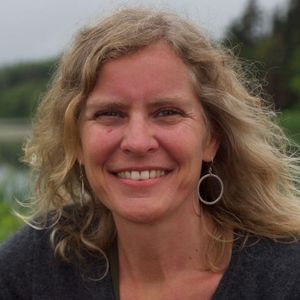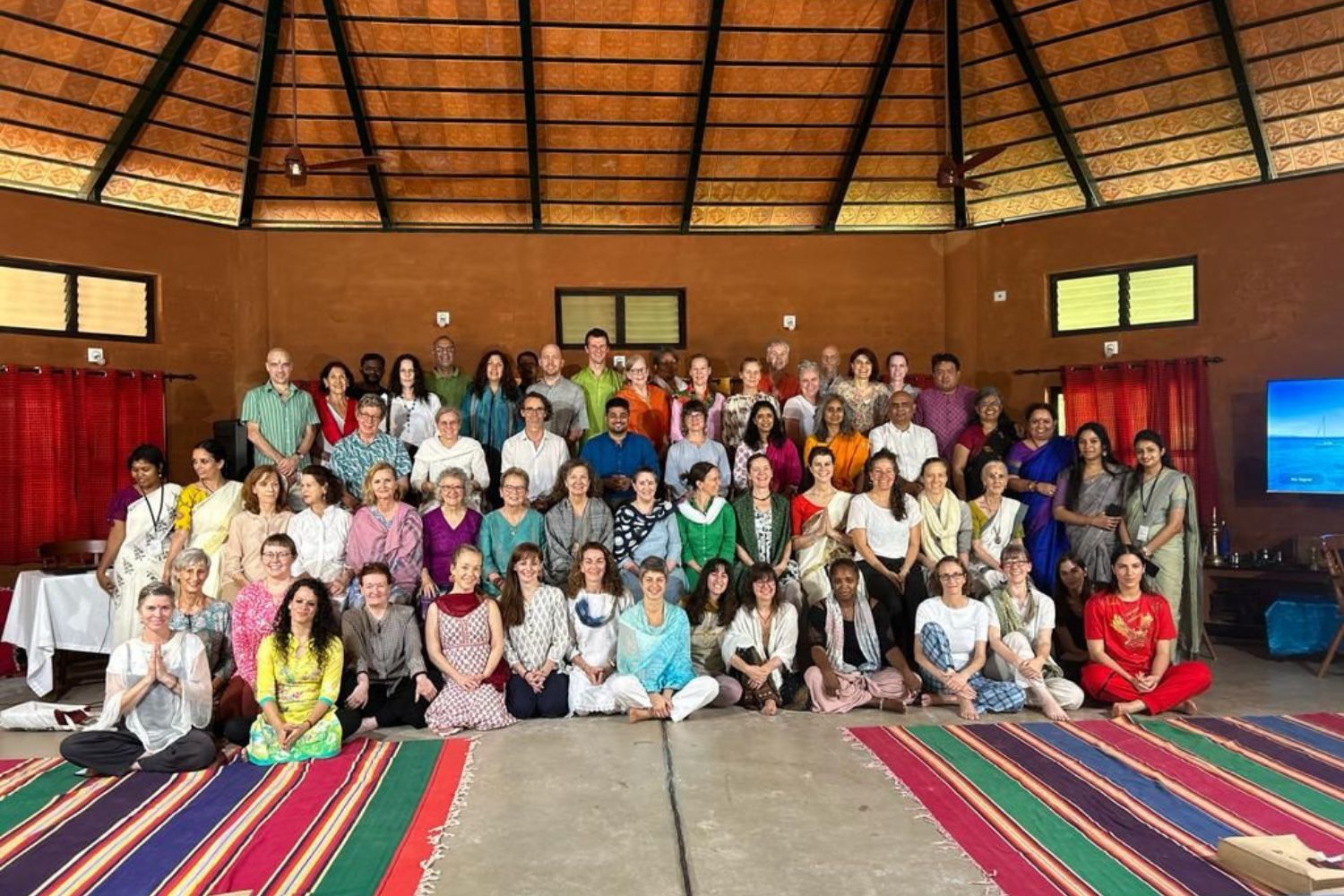This thought-provoking course invites participants to delve into the universal and inevitable process of death through a unique blend of Indian wisdom traditions, and end-of-life care practices. Designed for those who are either fascinated by or fearful of death, the course offers a rich exploration of the emotional and spiritual dimensions associated with dying and the care of those at the end of life.
Who Should Enroll?
- Individuals eager to understand death from multiple perspectives, including the medical, emotional, and spiritual, grounded in perspectives from Indian wisdom traditions.
- Those interested in the practical and clinical aspects of end-of-life care, as well as the philosophical and ethical considerations.
- Participants looking for a compassionate approach to managing their fears and curiosity about death, guided by experienced instructors versed in Indian wisdom traditions.
Throughout the course, learners will engage with topics such as the Ayurvedic signs of impending death, the emotional experiences of the dying and their loved ones, and the broader cultural and spiritual reflections on death found in Indian traditions. The program may be useful for anyone ready to confront, explore or embrace the topic of death, seeking both personal insights and professional skills in a supportive environment.
This course may be a good fit for you if:
- Are willing to contemplate in detail the many issues regarding the one process that all living beings are guaranteed to experience after they are born
- Are unwilling even to consider the many issues regarding the one process that all living beings are guaranteed to experience after they are born
- Are keen on exploring the concept of death & dying through the lens of Ayurveda, Mental health & end of life care
- Want to delve into emotional spectrum of ‘The Dying’ & loved ones
- Want to listen to real life experiences of dealing with death clinically
- Are afraid of death
- Are fascinated by death and want to explore this mystery
- Are interested in various perspectives on death as found in various spiritual traditions in India
- Enjoy the instructors and would listen to them talk about paper, much less such an engaging subject as death
Wondering what makes the Death & Dying teachers qualified to teach this course? We thought it might be helpful to share a bit about that…
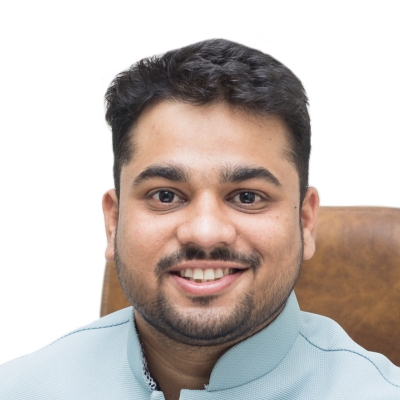
Dr. Kulkarni’s impressive qualifications include:
- BAMS MD (Masters In Ayurveda)
- PGDPC (Masters In Palliative Care)
- MA Psychology (Masters In Psychology sch.)
- Music Therapist – Specialist in Neuromusicology .
- Indian classical Vocalist
Dr. Shubham has been practicing Ayurveda for the past 7+ years in his own clinic in Pune and also online in more than 6 countries. He has been working in the field of palliative & end of life care for the past 5+ years with many palliative and hospice centres in India. Dr. Shubham offers Ayurveda treatment as well as music therapy along with counselling sessions to the dying patients, their caregivers and relatives. His work in the field of music therapy for psychological and neurological disorders is unique and appreciated by clinical practitioners all over the globe.
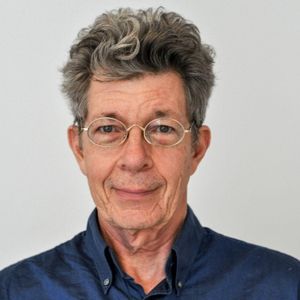
Dr Svoboda has been worshipping Shiva and meditating in cemeteries and cremation grounds for more than fifty years. He has personally cremated five people and has visited Benaras every year between 1984 & 2020. He is headed there again next month. He has also been intimately involved, as co-executor or something similar, with the estates of multiple people including his mentor, his mentor’s foster daughter and his parents.
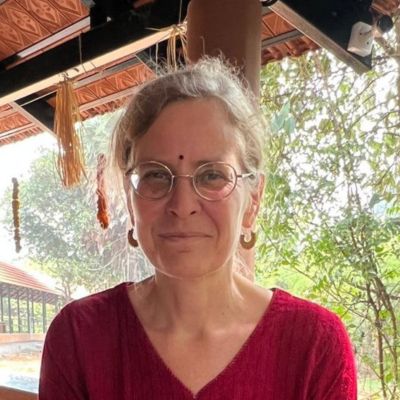
Dr. Claudia Welch’s perspective on death is deeply rooted in her formative experiences, including growing up in a living spiritual lineage of India that emphasizes “dying daily” and living in Benares—the City of Death—between the ages of 19 and 24. These early influences shaped her training in Ayurveda, her work as a licensed Doctor of Oriental Medicine with 10 years of clinical practice. Additionally, her understanding is enriched by studies of allied Indian knowledge systems. Dr. Welch has also worked closely with community members to help them prepare for the end of life, adding a practical, compassionate dimension to her teachings.
Course Structure & Schedule:
Ten 75-minute live, online zoom lectures: 3 sessions per instructor + 1 final session that addresses questions and answers. Instructors do not want to take questions in the other sessions, but participants can put their questions in the chat. World Time Buddy can help you figure out your time zone. All sessions will be recorded so, if you miss any sessions live, you can watch them later.
Cost: 500 USD
- Session 1:
Saturday, 19 October 8am ET / 5:30pm IST
Traditions and perspectives on death and dying originating from ancient India
Dr Robert Svoboda - Session 2: 24 October 8am ET / 5:30pm IST
Explore what one might do to, “prepare to die” and to prepare for loved ones to pass. The relationship of the four āśramas and death.
Dr Claudia Welch - Session 3:
Saturday, 26 October 8am ET / 5:30pm IST
Death-Through the lens of Ayurveda
Dr Shubham Kulkarni - Session 4:
Thursday, 31 October 8am ET / 5:30pm IST - Ahaṅkāra & Death
Dr Claudia Welch - Session 5:
Saturday, 02 November 8am ET / 5:30pm IST
Death, from the perspective of sāṅkhya philosophy - Dr Claudia Welch
- Session 6:
Thursday, 07 November 8am ET/6:30pm IST
Benaras, City of Death and Dying
Dr Robert Svoboda - Session 7:
Saturday, 09 November, 8am ET / 6:30pm IST
What you personally need to do to prepare yourself and your loved ones for your demise
Dr Robert Svoboda - Session 8:
Thursday, 14 November, 8am ET / 6:30pm IST
Mental wellbeing of The Dying & The Caregiver
Dr Shubham Kulkarni - Session 9:
Saturday, 16 November, 8am ET / 6:30pm IST
Celebration of Death
Dr Shubham Kulkarni - Session 10:
Saturday, 23 November 8am ET / 6:30pm IST
Final remarks & Answering questions
Learning Objectives:
- Understand philosophical perspectives on death and dying within Indian knowledge and spiritual traditions.
- Explore the concept of karma and how it influences the process of dying and the afterlife.
- Be introduced to the stages of death and the journey of the soul as described in classical texts including the Bhagavad Gita and the Upanishads.
- Analyze the practical, ethical and moral considerations in end-of-life care.
- Investigate the practices of ancestor worship and the importance of honoring the departed.
- Develop skills for providing compassionate support to those who are dying and their families.
- Comprehend the foundational principles of Ayurveda and how they relate to end-of-life care.
- Identify the signs and symptoms of impending death (ariṣṭa lakṣaṇa) according to Ayurvedic texts.
- Understand the significance and interpretation of ariṣṭa lakṣaṇa in clinical practice and care planning.
- Learn techniques for managing emotional distress, anxiety, and fear in dying patients using Ayurvedic practices.
- Develop comprehensive care plans that integrate Ayurvedic treatments,dietary and lifestyle modifications.
- Develop effective communication strategies for discussing end-of-life issues with patients and their families.
- Emphasise the importance of self-care based on Ayurveda to prevent burnout and maintain emotional resilience for caregivers of The Dying.
- Role of Music as a therapy in end-of-life care & after death.
- What is happening in life vs. death, from the perspective of sāṅkhya philosophy
- Explore what one might do to prepare to die & prepare for the passing of loved ones
- Describe the relationship of the four āśramas and death
explore the role ahaṅkāra may play in the death process - Be able to describe the relationship between attachment and ahaṅkāra
- Explore how one might support another to prepare for their death
- Consider how you might support the family of someone dying
- What different forms of grief might look like and the process of being present with this
Learning Outcomes:
By the end of this course, if you have assimilated the material, you will be able to:
- Engage deeply with the philosophical and spiritual dimensions of death and dying
- Understand some models of the journey of the soul
- Understand the implications of karma on the dying process
- Appreciate the rituals and practices associated with death, and know how to perform a simple post-death ritual
- Learn techniques for managing emotional distress, anxiety, and fear in dying patients using Ayurvedic practices.
- Develop care plans that integrate Ayurvedic treatments, dietary and lifestyle modifications.
- Develop effective communication strategies for discussing end-of-life issues with patients and their families.
- Emphasize the importance of self-care based on Ayurveda to prevent burnout and maintain emotional resilience for caregivers of The Dying.
- Role of Music as a therapy in end-of-life care & after death.
- What is happening in life vs. death, from the perspective of sāṅkhya philosophy.
- Explore what one might do to prepare to die & prepare for the passing of loved ones.
- Describe the relationship of the four āśramas and death.
- Explore the role ahaṅkāra may play in the death process.
- Be able to describe the relationship between attachment and ahaṅkāra.
- Explore how one might support another to prepare for their death.
- Consider how you might support the family of someone dying.

